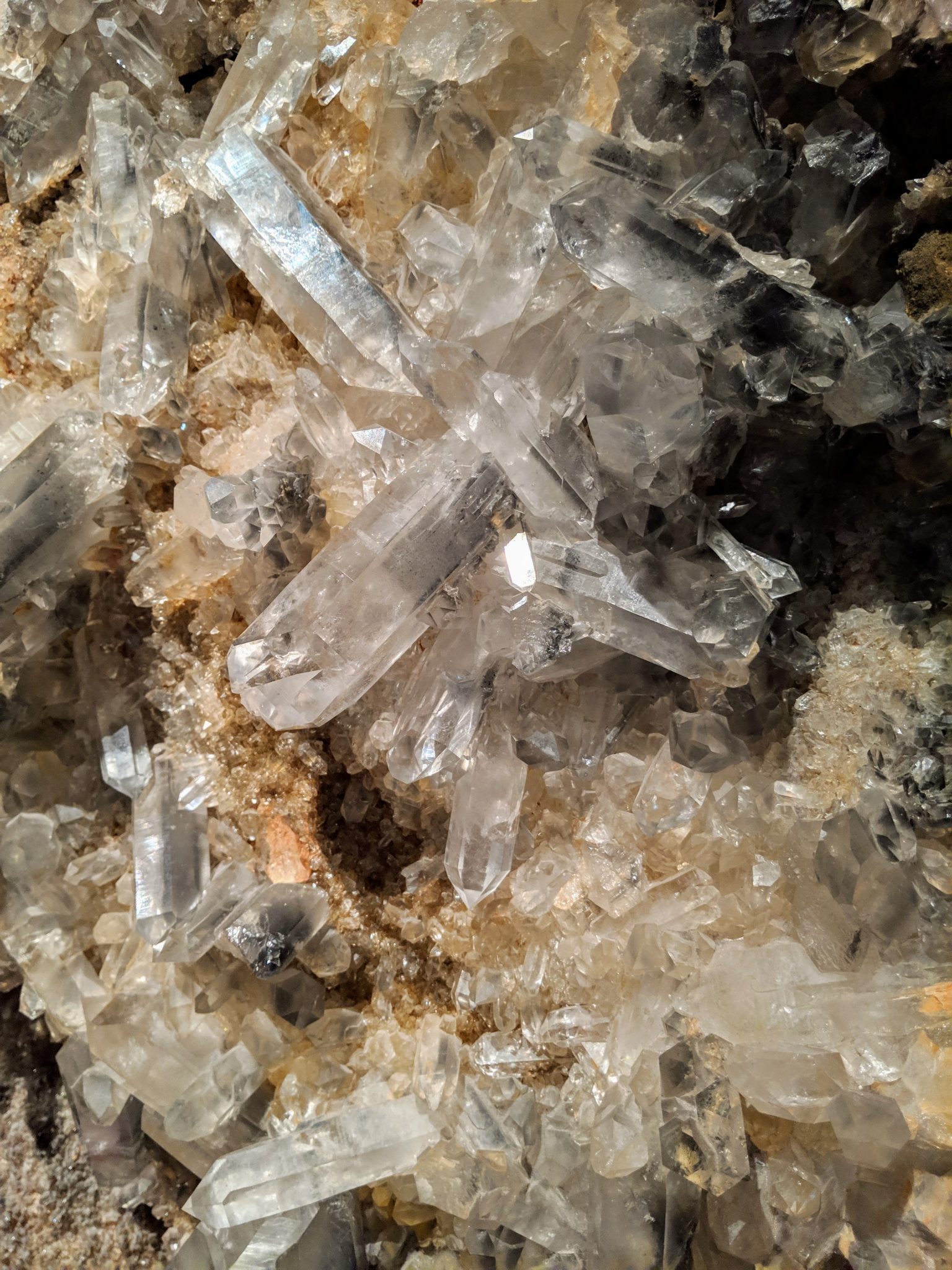Did you know that there are two types of minerals? These go by the name of major minerals (macrominerals) and trace minerals (microminerals). While both groups are as important as each other, trace minerals are needed in much smaller quantities than major minerals.
Much like vitamins, a balanced diet should provide more than enough minerals to support your body’s normal function. We’re here to take you through the nine trace minerals, their purpose in the body, and where to find them.
1. Iron
Iron plays many important roles in the body, with the most popularly known one being to help you fight against tiredness (EFSA, 2010). Iron can be found in a lot of animal products including red meats, fish, egg yolks and shellfish. For vegetarians and vegans, it can also be found in leafy greens and fortified cereals. There is also the option to take iron tablets if your diet doesn’t support a sufficient iron intake.
2. Zinc
Zinc is necessary for the function of the immune system. It has also been found to help maintain strong bones and contributes to normal reproductive development (EFSA, 2009). Much like iron, zinc can be found in a wide range of meats, fish and vegetables.
3. Iodine
Iodine plays a role in mental performance (EFSA, 2010). It can mainly be found in seafood and food that’s been grown in iodine-rich soil. This makes it fairly hard to source, but as it’s a trace mineral, this isn’t too much of a concern.
4. Selenium
Selenium is an essential trace mineral that is required for hair and nail formation (EFSA, 2010). Similar to most other trace minerals, it can be found in meats and seafood. You will also find selenium in certain grains.
5. Copper
Copper is a very busy trace mineral! It is needed for the function of the immune system, is important for the structure of connective tissues, assists with energy production, is needed for the nervous system to function, and much more (EFSA, 2009). You can find this essential trace mineral in a lot of plant-based foods including legumes, nuts, seeds and wholegrains.
6. Manganese
The body needs manganese to produce energy. Not only this, but it is important for brain functioning (EFSA, 2009). Manganese is mainly found in plant foods, making it easy to access for vegans. For this reason, supplementation is very rarely needed.
7. Fluoride
Fluoride is linked to strengthening tooth enamel. It has been found that fluorinated salt helps to keep your teeth healthy (EFSA, 2010). Drinking water that has been fluoridated will help you to meet sufficient levels of the mineral. It can also be found in some fish.
8. Chromium
Chromium is important for your blood glucose levels. It also promotes metabolism (EFSA, 2010). You can find chromium in unrefined foods including liver, whole grains and nuts.
9. Molybdenum
Molybdenum is an antioxidant that protects cells from aging. It also supports your normal cell function (EFSA, 2010). You can once again find this mineral in legumes, grains, leafy green vegetables and milk.
Now you know exactly where to find the nine trace minerals! All can be sourced through a balanced diet.







